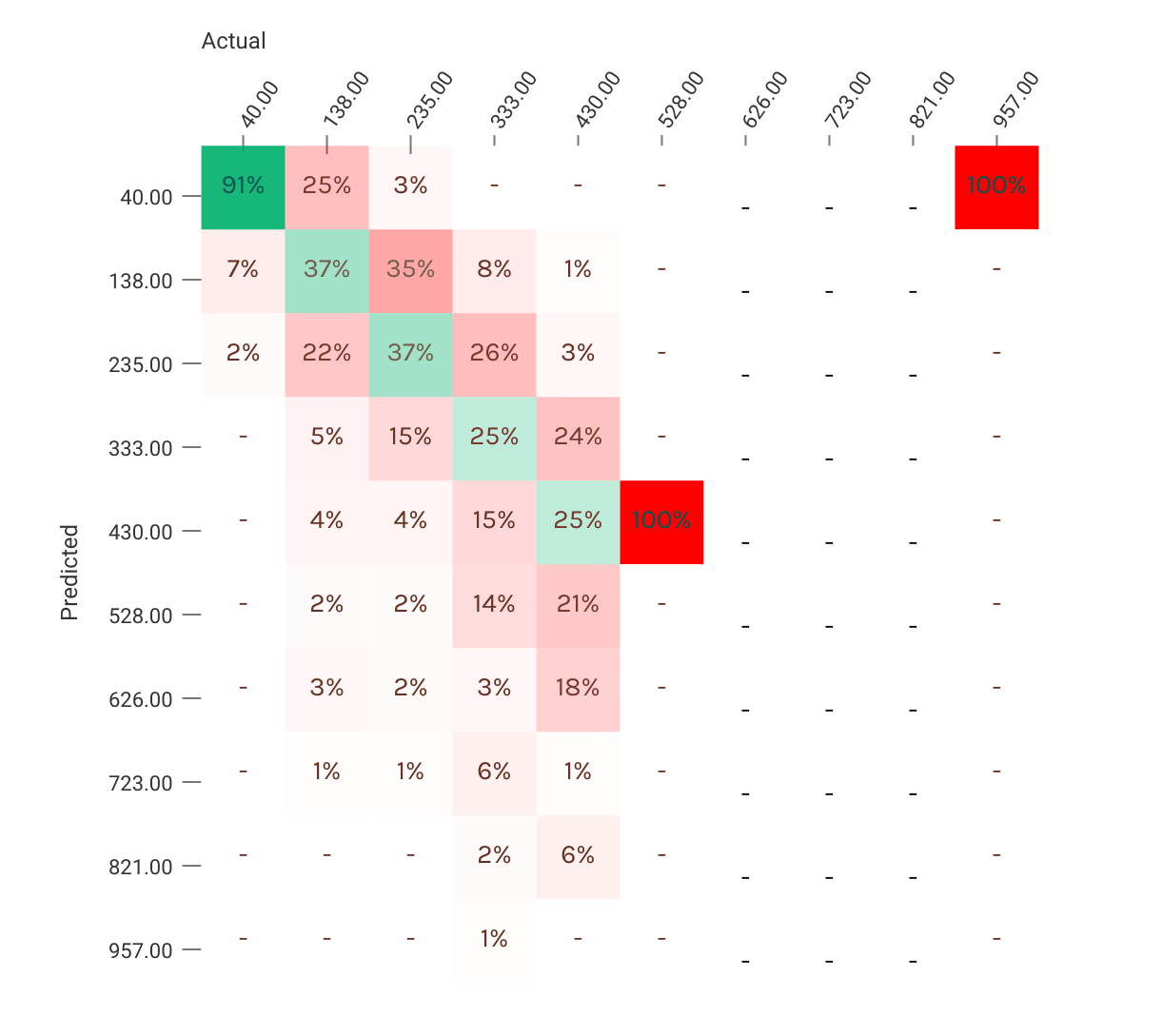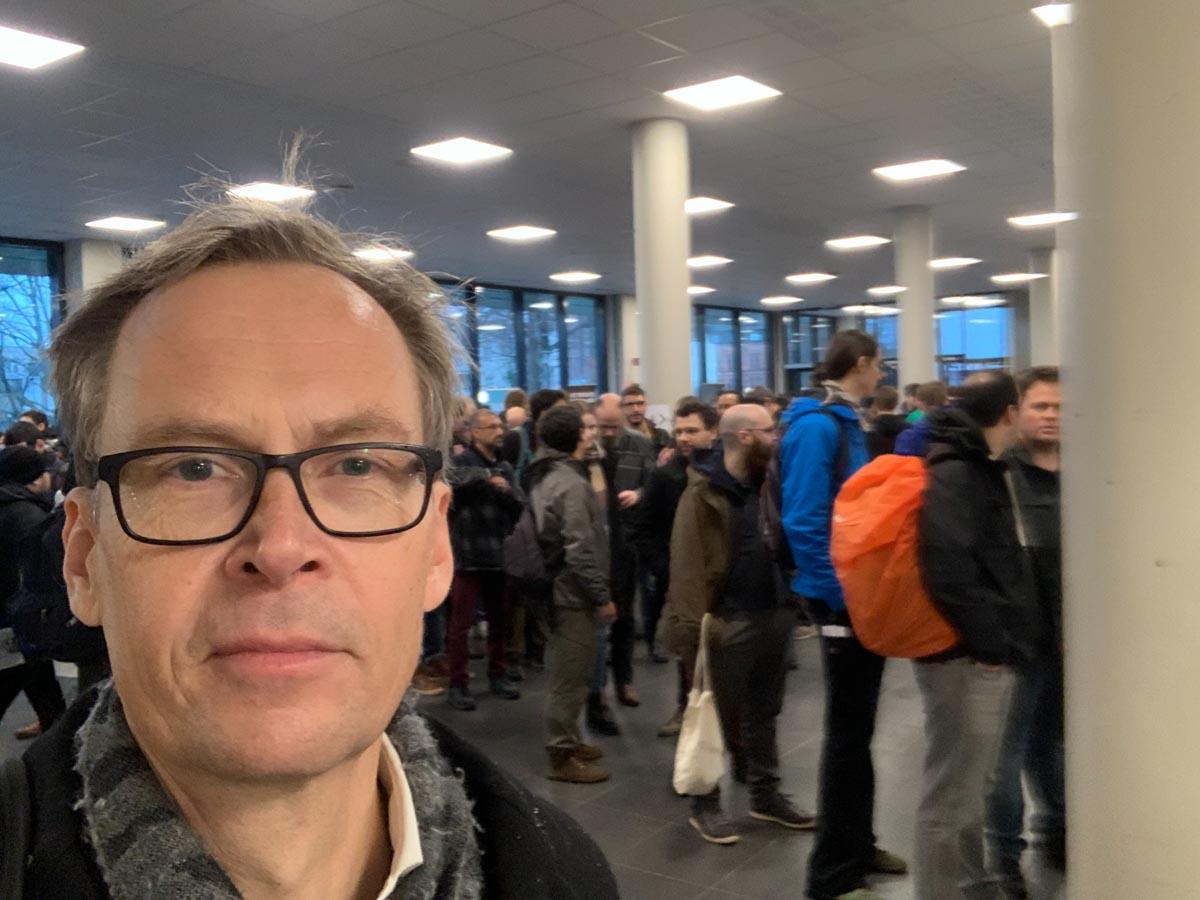Tag Archives: MariaDB
In the previous blog, a background Deployment resource was created from a YAML file, consisting of a single container (MariaDB) that acts as a background container.
In this blog we are going to proceed to create the frontend container to communicate with the backend through a Service and other resources.
About Services
When an application is run through the Deployment Pods are created and destroyed dynamically. When created, they get the internal IP address in a cluster, and since they are ephemeral, there needs to be a stable way to allow communications between Pods.
…
Continue reading “MariaDB & K8s: Communication between containers/Deployments”
This is the first in a series of blogs explaining how to use MariaDB in Kubernetes (K8s), as well as explaining some important concepts of K8s and of MariaDB.
This blog explains how to start MariaDB as a stateless application in K8s using the CLI and explores different commands you can run on your CLI.
The prerequisites are that you have installed kubectl (which will also install Docker runtime) and minikube (local K8s).
Let’s first start the minikube
$ minikube start && kubectl get nodes
NAME STATUS ROLES AGE VERSION
minikube Ready control-plane,master 104d v1.22.2
The Pod is a K8s resource and the smallest unit in K8s.
…
MariaDB has had support for histograms as part of Engine Independent Table Statistics since 10.0. As part of Google Summer of Code (MDEV-21130), Michael Okoko, together with his mentor Sergey Petrunia, have implemented a new format (using JSON) for histograms that significantly improves the accuracy and flexibility of histograms. For those just interested in the feature details, you can skip to the “New format”, however if one is unfamiliar with the purpose of histograms, read on.
Why statistics are needed
Histograms are important for queries where the WHERE clause uses columns that are not indexed.
…
MindsDB is an AutoML framework that lets software engineers do machine learning, without having to go through the whole data science pipeline. Additionally, MindsDB has done a seamless integration with MariaDB, by making use of the Connect Storage Engine.
If you want to learn more about how you can do AI straight from inside MariaDB, register for the webinar on 18th of May 16:00 GMT. MariaDB Foundation, together with MindsDB will cover the following topics in detail:
- Why AI inside the database makes sense
- How MariaDB is built to facilitate AI integrations.
…
You might have heard the story of how we picked a sea-lion as our logo. Now that this lovely beast has been with us for a while, we think it’s high time to give it a name and of course we turn to our wonderful community for suggestions.
The rules are simple: complete this form, telling us what you think we should name the sea lion and why. Later, Maria Widenius will pick her favorite from the submissions, and the winner will get a collection of MariaDB t-shirts and other swag, an artwork by Maria, and of course eternal fame!
…
Machine learning is one area that cannot succeed without data. Traditionally, machine learning frameworks read it from CSV files or similar data sources. This brings an interesting set of challenges because in most cases the data is stored in databases, not simple raw files. It takes time and effort to move data from one format to another. Additionally, one needs to write some code (usually python) to prepare the data just like the ML framework expects it.
I was pleasantly surprised when I saw during the MariaDB Server Fest that MindsDB, an automatic machine learning system, presented their integration with MariaDB.
…
Introduction
Hi, my name is Kartik Soneji, and I am a second year student at Thadomal Shahani Engineering College, Mumbai. I have been programming since the age of 13. I started out with Java, then learnt a little C++ before diving head first into web development with HTML, CSS and JavaScript. I also programmed a bit in Python and Rust to see what all the hype was about.
My primary motivation to contribute to the open source community is because I strongly believe in the idea that software is free, to copy, modify and study.
…
Continue reading “A GSoC internship with the MariaDB Foundation”
FOSDEM gives energy. FOSDEM gives ideas. FOSDEM opens up opportunities, FOSDEM allows you to connect with old friends and colleagues. Hence, no big surprise that MariaDB Foundation attended FOSDEM, in order to promote Open Source and to get ourselves closer to the community.
Starting from a pre-FOSDEM dinner with Member of the European Parliament Nils Torvalds, over Open Source Diva Danese Cooper’s keynote about “Open Source is Art”, to the MySQL, MariaDB and Friends Devroom and Sunday’s MariaDB Day, concluding with OpenForum Europe’s meeting on Monday, my previous weekend was packed with encounters, discussions, and ideas around Open Source.
…

